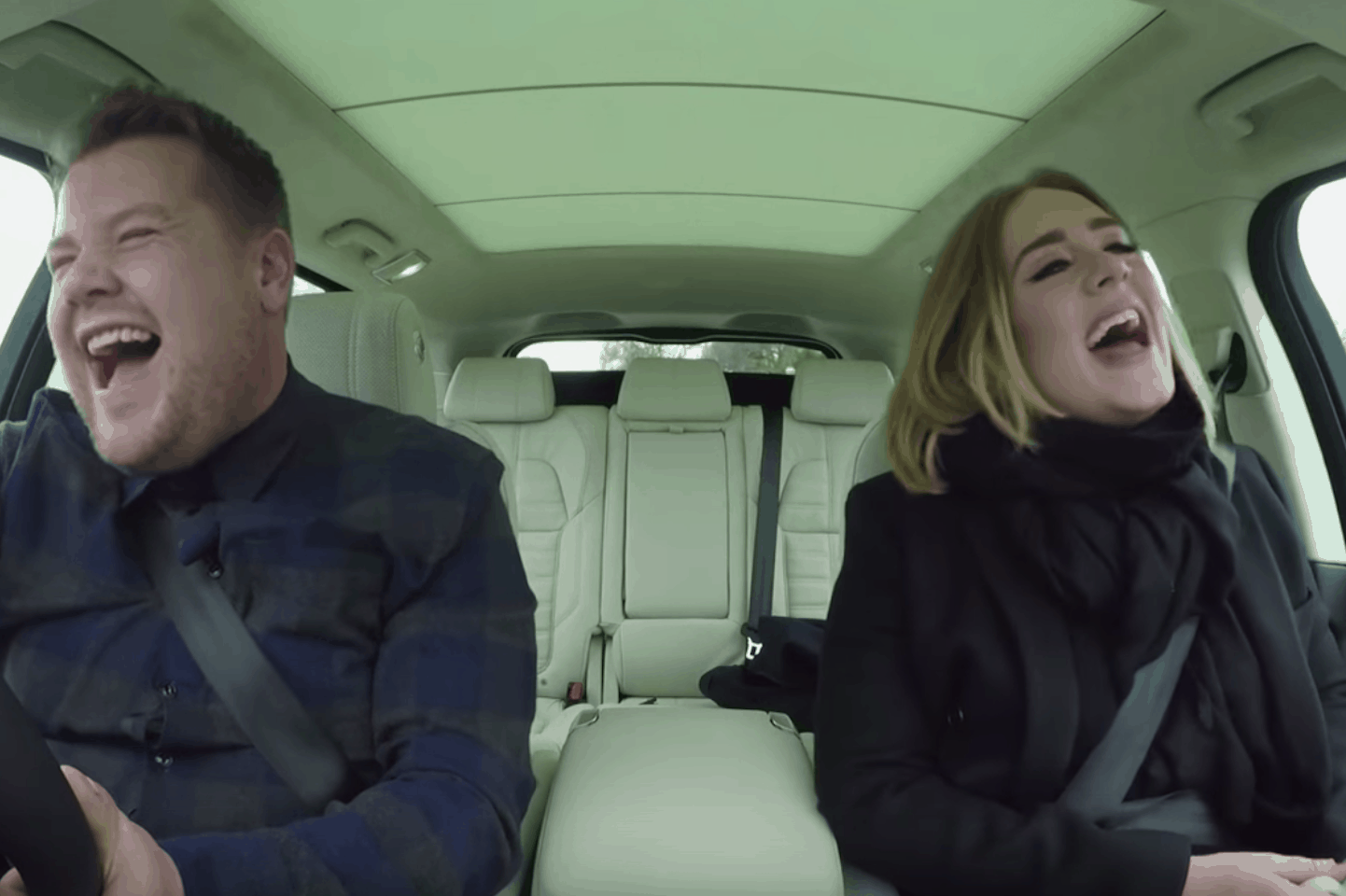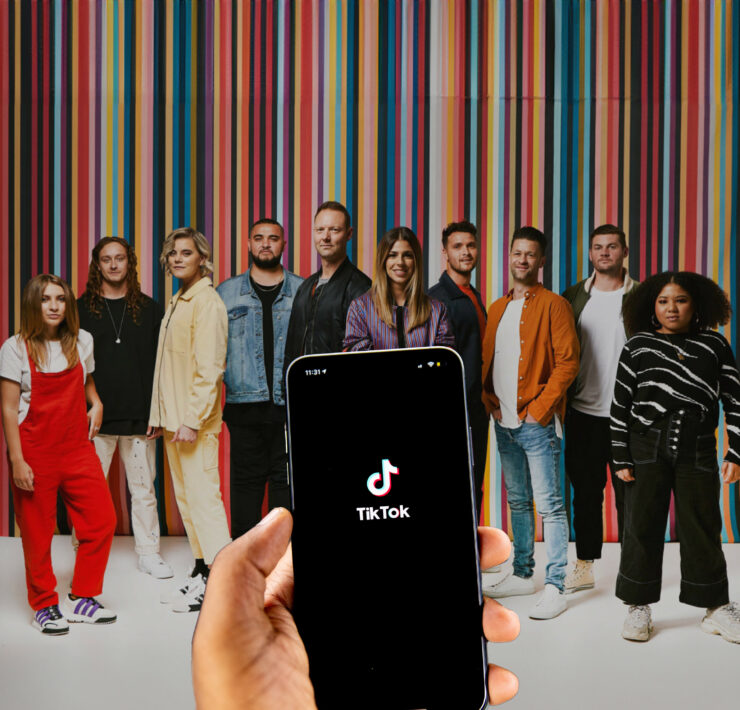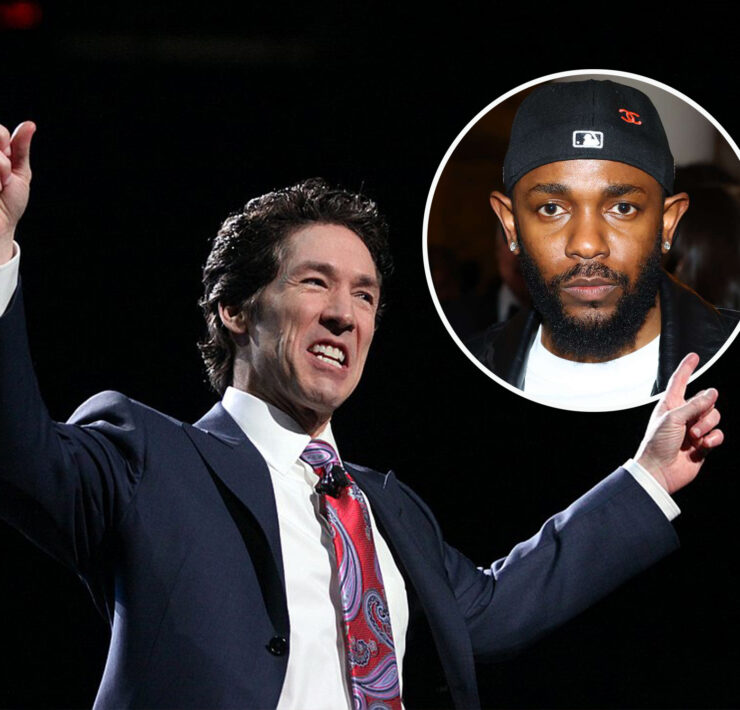
This week, a computer accomplished something most experts thought would not be possible for at least a decade.
A specially designed software from Google’s DeepMind project called “AlphaGo” beat a human player at a board game far more complicated and reliant of human intuition than chess. Not only that, the human that the computer beat at the game “Go”—in two separate games—happens to be the best player in the world.
The story is just the latest in a series of breakthroughs—from Siri to self-driving cars—that show just how rapidly the field of Artificial Intelligence is advancing.
We recently spoke with “Science Mike” McHargue about the AI revolution, its ethical implications and what it means for Christians.
Some researchers have said that the moment computer intelligence surpasses or matches our own, the singularity is approaching. How far do you think that we are away from that actually happening?
I don’t think you can make an estimate. I don’t think anyone can. Today, computers process information in a fundamentally different manner than the technology that produces human consciousness, which is neuroscience. In brains,a neuron both stores information and processes information. Even though computers are incredibly fast computationally, their processing is independent from their storage. Computers have to constantly shuttle information from their storage mechanism to their execution mechanism, and this creates a latency. In fact, for a computer to access the entirety of the information it contains takes a very long time, whereas a human brain can access anything in a matter of a seconds because of that non-dual approach to storage and processing.
Our consciousness effectively is a story our brains tell our brains about being aware that they hold information, and that’s much more difficult to do with this split model. For people who are Christians, of course, that would speak to God’s brilliance as an engineer and also to the difficulty humanity has at emulating that brilliance.
As someone who has not only studied science and technology extensively but also theology, to see the potential of creating an artificial intelligent machine or device that is capable of consciousness as we recognize it, does that give you pause because of the theological implications of life?
I’m probably more comfortable with a digital consciousness than a biological one. I think any system that’s capable of awareness of self has to be a candidate for that word “being,” even if it’s not a candidate for the word “life.” I think if we create a biological intelligence that’s full of suffering, we have the same moral obligation to protect it from suffering as we have any other living organism, especially in a sentient organism. But we really stumble on something fundamental if we contemplate a being that self-aware and sentient but not “living” in any classical sense.
You could even imagine a digital intelligence with awareness that is not capable of pain, suffering or fear. So, for example, if you created such an intelligence and it was extraordinarily clever, is it ethical or not to deactivate or delete that intelligence? I don’t know that I have an answer. Now, if it’s capable of fear and suffering, I think it has to afforded the same rights and protections that human beings are.
What do you think of the idea of being able to essentially download someone’s consciousness and upload it digitally. Is that something you see could ever become a reality, or do you think the two systems are so dissimilar that it would be entirely impossible?
I suspect it’s possible, because as we understand consciousness today, it’s a relationship of strength of connections and neural networks. And we’ve already today uploaded a rudimentary biological consciousness into a machine. Some guys took a flat worm and mapped out the neural network in this worm brain. They turned it into software basically using network communications and then they loaded it into a chip connected to a Lego robot. With no further programming, when they executed this you had a robot that could navigate space. It could move and when something put pressure on its “nose,” it would avoid that pressure by backing away and moving in a different direction.
Instead of 300 neurons, humans have 86 billion, but eventually, supercomputers should be able to execute and emulate that many neurons. Obviously, scanning and mapping that many neurons on an individualized basis is going to be extremely difficult. But there’s a problem: Our consciousness is related to a carefully coordinated sense of timing and cohesion between our neurons. It takes about 80 milliseconds for the different loops in our brain to all agree on a similar story to tell our prefrontal cortex and create awareness. And if a supercomputer couldn’t execute all these neurons with a sense of cohesive timing and within that 80 millisecond time window, you likely wouldn’t have a cohesive consciousness emerge.
The church is interested in a lot of the same questions these types of breakthroughs are asking: Can life be preserved? Can we live on? What is consciousness? What is life? How do we relate to the world? Do you think the church is falling behind in meeting some of these big questions head on? Do you think it’s headed in the right direction or that’s it’s detached from these ethical and maybe even spiritual and existential dilemmas?
The Church is so big. It’s literally billions of people across the planet. So I think part of the Church is behind, other parts of the Church are ahead of the game. That is the true power of the Church—this institution that Christ formed, that He put onto the earth to be His presence after He had gone back to the presence of God. We’re in the world but not of the world, and that means that as long as there’s a global body of believers, we have the ability to adapt to changes and new information.
And this has already happened. There are so many things that have faced human society that were completely incomprehensible to the original disciples and apostles, the early church, and yet the church endures, the church survives because the Gospel isn’t tied to one particular time in history, one particular school of thought, one particular framework. Instead, it’s a way of living, knowing and responding to the world that finds a fresh embodiment in every generation and allows the work of Christ’s reconciliation with God for humanity to continue.
So I have no concerns at all that people in the church are going to be involved in these discussions, get on board and help lead the rest of us forward in an age where there are intelligences other than the ones we associate with Adam and Eve.





















